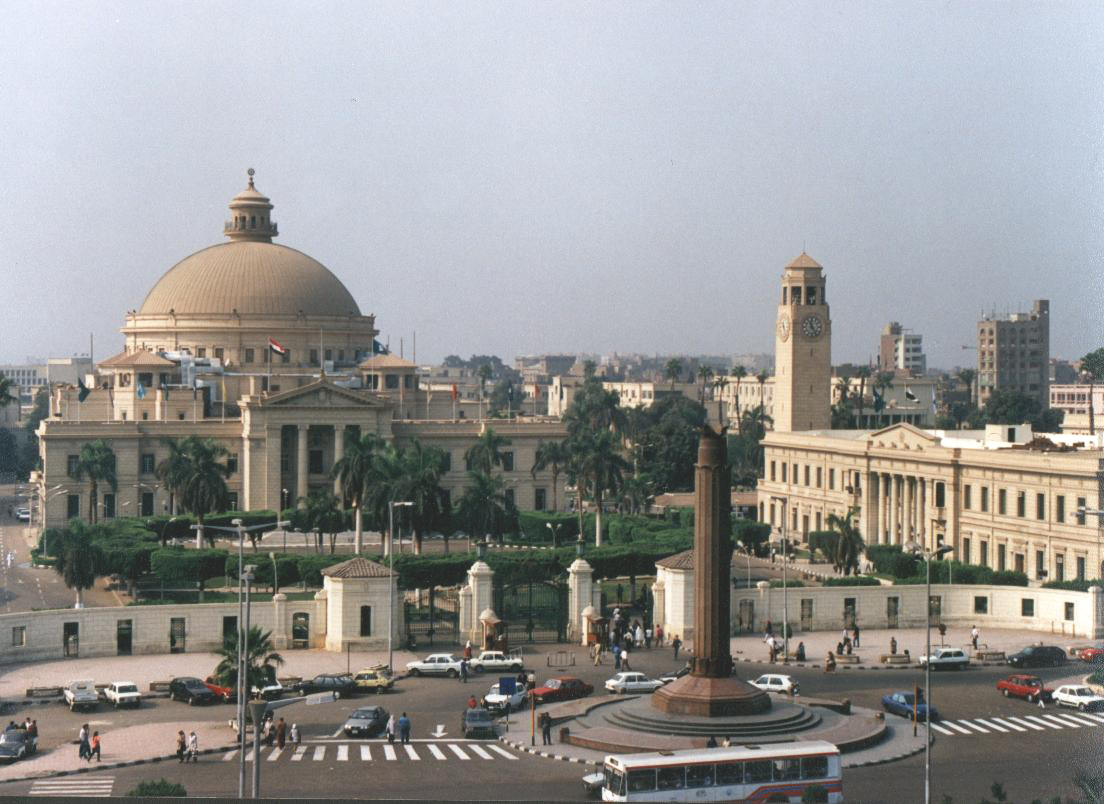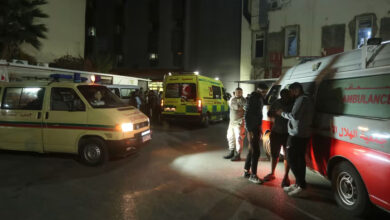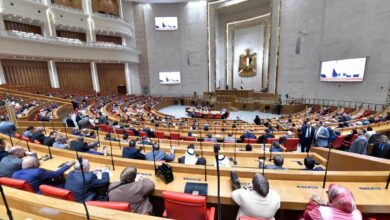
Wearing a white tie and coattails, Ammar Mustapha sits near the manicured grounds of Britain's most prestigious school, a world away from the Palestinian refugee camps he grew up in Syria and Lebanon.
Shy and softly spoken, Mustapha, 18, was plucked from among millions of refugee children to attend Britain's exclusive Eton College, alma mater of prime ministers, business leaders and members of the royal family.
"It was a life-changing opportunity," said Mustapha, who was offered a scholarship by a charity due to his outstanding academic ability.
He insists it wasn't all bad in Syria's Yarmuk camp, which his family fled in 2012 before it became infamous for its skeletal children and apocalyptic landscape.
Just south of central Damascus, the camp was set up in the 1950s for Palestinian refugees, but in recent years it has been brutalized and besieged in a pitiless war between anti-government forces and the Syrian military.
Born in Libya, Mustapha and his family moved to the densely packed district in 1999 so that his father could take up a job as an electrician.
"In fact it was fun to live in Yarmuk. When we say camp, that doesn't mean tents and anything like that," he said, recalling a happy childhood there.
"Something that was really good about being in Yarmuk is that it was really safe so you could go to shops at midnight."
Days before bombs began to rain down on Yarmuk three years ago, Mustapha's family fled to Lebanon, joining millions of other refugees in the tiny country.
That was where he was spotted by Eton physics teacher Peter Mann, who for the last two years has travelled to Lebanon in December to interview children to find those gifted enough to study at his school.
"We are usually happy with about four of the 40" pre-selected, Mann said.
"Ammar turned out to be very shy, quiet but with outstanding student academics. He was a bit different," he added, noting that unlike other students Mustapha had wanted to study interior design.
After tests in his school in Tyre in southern Lebanon and a week of examinations at Eton, Mustapha, then aged 16, was chosen for a scholarship to live and study with the children of Britain's elite.
The US$50,000 (45,000 euro) bursary covers fees and expenses, and was provided by the Cogito Scholarship Foundation, which aims to improve the Middle East by sending gifted underprivileged children to the world's best schools.
"At first I was really nervous about it… but I have always wanted to come to Europe and see the differences in culture, in languages and in the education system," Mustapha said.
"My parents were really happy and proud about this but also sad because I had to leave them. It was the first time I had to leave my family."
Broadening outlooks
Mustapha needn't have worried.
"I have never heard any other boys comment on him which is a sign he's doing really well. His English improved so quickly and so well," Mann said.
He tried new sports, including rowing, squash, and tennis, and took up photography.
He also adapted to Western methods of teaching, far removed from the rote learning he was used to.
"In Lebanon and Syria we used to memorise what we were being taught, while here in the UK we understand what we are being taught," Mustapha said.
Eton College Access Adviser Francesca Moultrie said Mustapha settled in quickly — despite missing his mother's cooking — and that as well as benefiting from Eton, he had also been a credit to the college.
"They really do broaden the outlook of the boys they are sharing life with," she said.
Now in his final year, Mustapha is applying to some of the top British and US universities.
"After my graduation, I would like to stay in Europe or America to work and set myself up," Mustapha said.
"But my long term goal is to go back to Lebanon and help my community as a civil engineer."
That will please Cogito founder Ali Erfan, an Iranian-born, British-educated businessman who hopes to extend the two-year old scholarship program to 100 boys and girls every year.
"If we are successful, in 20 years, we'll have 2,000 boys and girls who can hopefully play a major role eventually in the revival of the Middle East."




